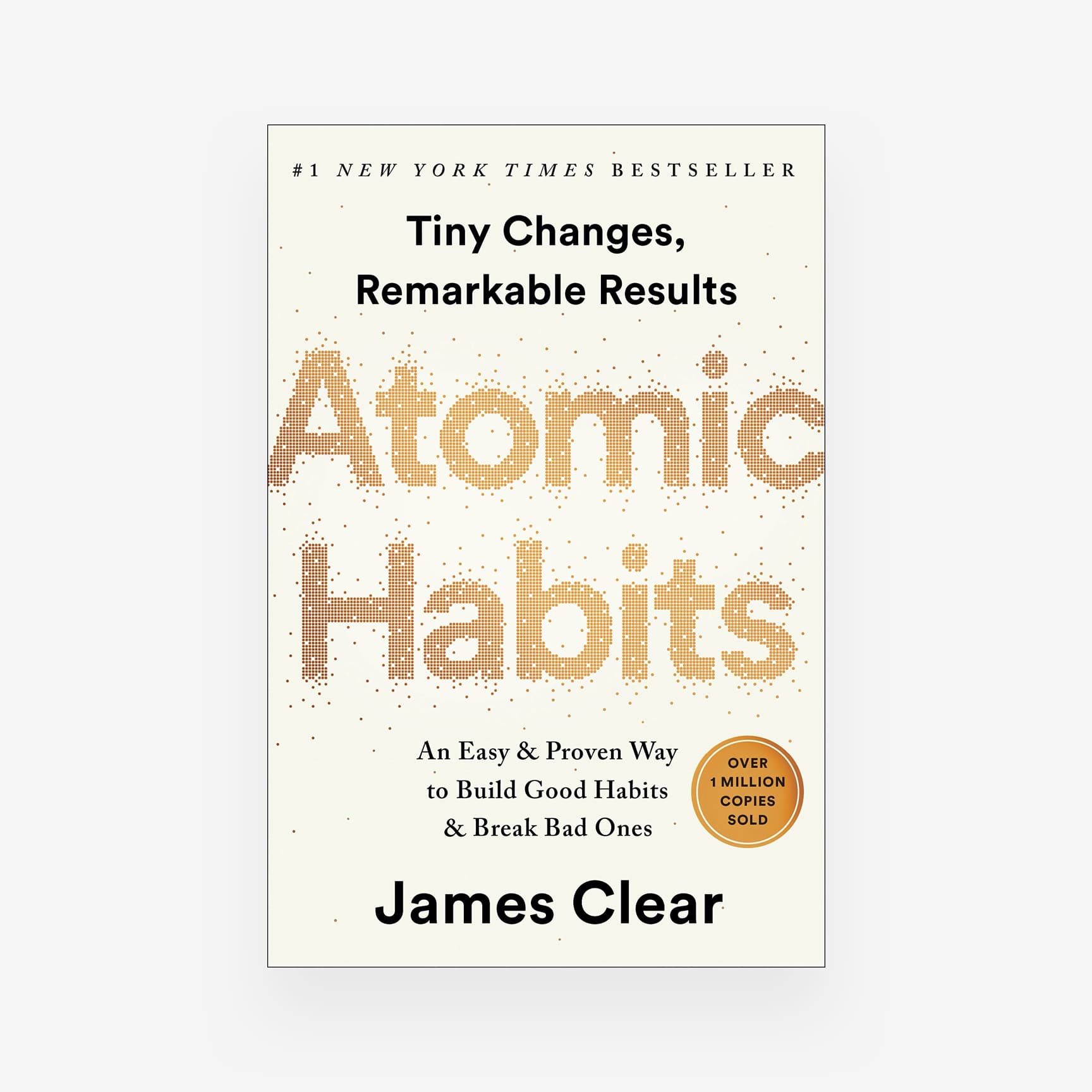Negotiating high-stakes deals can be a daunting task, whether you're negotiating a multi-million-dollar business deal or a complex legal settlement. In these situations, building trust and relationships is crucial to achieving a successful outcome.
Fortunately, there are valuable lessons to be learned from the book "$100M Offers: How To Make Offers So Good People Feel Stupid Saying No". The book provides insights into the negotiation strategies used to close high-stakes deals worth millions of dollars. In this blog, we'll explore ten lessons from "$100M Offers" on building trust and relationships in high-stakes negotiations.
Whether you're a seasoned negotiator or new to the game, these lessons can help you navigate the challenges of building trust and relationships in high-stakes negotiations. By following these lessons, you can establish strong relationships with the other party, leading to successful outcomes in negotiations. So, let's dive in and learn how to build trust and relationships in high-stakes negotiations!

1. Put yourself in the other party's shoes
Empathy is key to building trust. By understanding the other party's perspective, you can identify their needs, goals, and motivations. This understanding can help you tailor your communication and approach to build trust.
2. Be honest and transparent
Concealing information or manipulating the truth can quickly erode trust and damage the relationship between parties. Being honest and transparent can build trust and demonstrate your integrity.
3. Build rapport
Take the time to build a rapport with the other party. Find common ground, establish a relationship built on mutual respect, and show genuine interest in their perspective.
4. Listen actively
Active listening is crucial in high-stakes negotiations. By truly listening to the other party, you can gain valuable insights and build trust. Paraphrasing and clarifying what they say can demonstrate that you're listening and understanding.
5. Communicate clearly
Clear communication is essential in building trust. Be clear and concise in your communication to avoid misunderstandings. Use plain language and avoid industry jargon or technical terms.
6. Keep your commitments
Following through on your commitments can build trust and demonstrate your reliability. Make sure you're able to follow through on any promises you make during the negotiation.
7. Be open to compromise
Negotiations are about finding a mutually beneficial solution. Being open to compromise can help build trust and lead to a successful outcome. Identify what's most important to each party and look for creative solutions to meet both parties' needs.
8. Build a team
In high-stakes negotiations, it can be helpful to have a team to support you. Build a team of experts to help you navigate the negotiation process. This can include lawyers, accountants, or subject matter experts.
9. Focus on the long-term relationship
High-stakes negotiations may be focused on a specific deal, but building a long-term relationship with the other party can lead to future opportunities. Consider how the negotiation can benefit both parties in the long term
10. Follow up
After the negotiation, follow up with the other party to demonstrate your commitment to the relationship and build trust for future negotiations. This can include sending a thank-you note, scheduling a follow-up call, or providing updates on how the deal is progressing.
In conclusion, building trust and relationships is crucial in high-stakes negotiations. The book "$100M Offers: How To Make Offers So Good People Feel Stupid Saying No" provides valuable insights on how to navigate the challenges of building trust and relationships in negotiations. By following these ten lessons, you can build trust and establish strong relationships with the other party, leading to successful outcomes in negotiations.






















